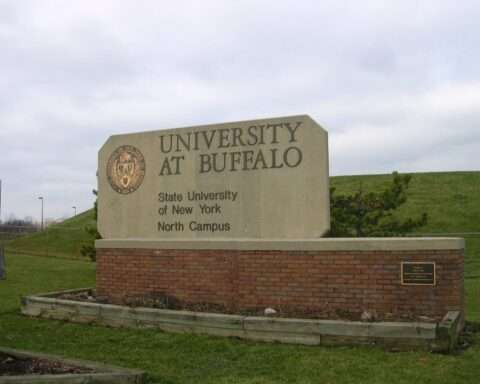A group of universities and national laboratories are kickstarting projects designed to support American supply chains by advancing critical material innovation. These solutions will help strengthen and streamline manufacturing for components critical to sustaining energy security networks across the nation, making it easier to produce technologies including:
- Hydrogen fuel cells.
- Magnets for high-efficiency motors.
- High-performance lithium-ion batteries.
- High-yield, low-defect power electronics.
The projects encompass various focus areas, including fostering industry partnerships to develop and test solutions for securing critical materials in high-impact supply chains. Other initiatives may help reduce demand or extend the lifetime of critical materials, enable better decision-making processes or develop critical material manufacturing technologies.
RELATED: DOE cybersecurity principles seek to fortify energy supply chain
Some of the projects include:
The University of North Dakota is leading a prototype project that can produce cost-effective, high-performance silicon monoxide with graphene coating anode materials for lithium-ion batteries. These batteries require several expensive components for production, making it challenging to meet demands. The prototype technology will help create a domestic production facility for these materials that minimizes water, waste, chemical intensity and energy consumption.
Oak Ridge National Laboratory, located in Tennessee, is working on developing an effective, efficient method to separate and recover high-purity rare earth elements (REEs) from domestic waste stream sources and mining tailings. The project would use a single-step membrane solvent extraction process, reducing the number of stages needed to extract REEs. If implemented, the project would separate and recover REEs with more than 99.5% purity and 90% yield from chosen sources. In addition, the process would separate heavy REEs from the product while requiring low energy and cost requirements.
The Virginia Polytechnic Institute and State University is also undertaking a solvent extraction project, developing a technology to extract metals in low concentrations. The prototype would utilize gas-assisted microbubble extraction (GAME) technology to sift through mixtures with high liquid to organic volumes. Ideally, the technology would be able to produce critical materials from sources such as acid mine drainage that contain valuable elements in low concentrations.
Image by Marijn Hubert from Pixabay













